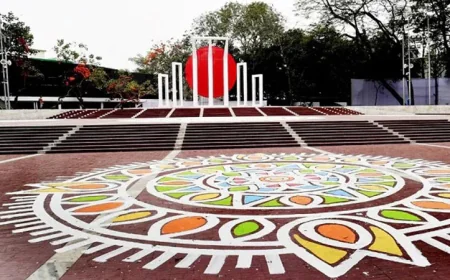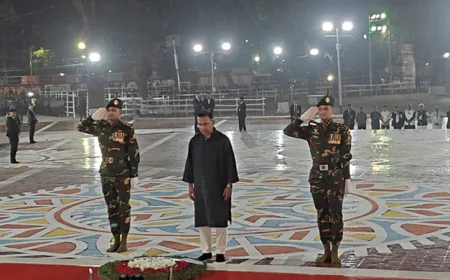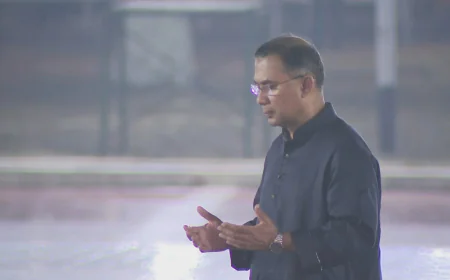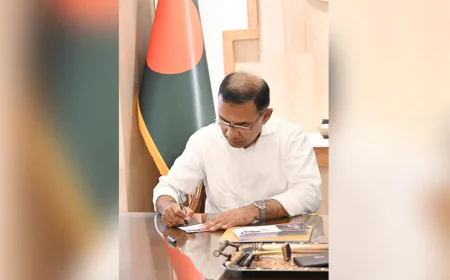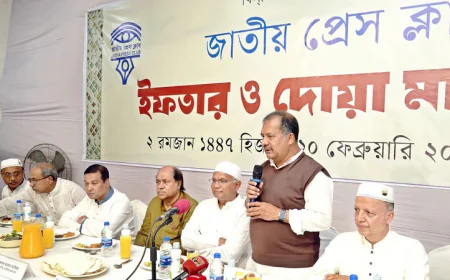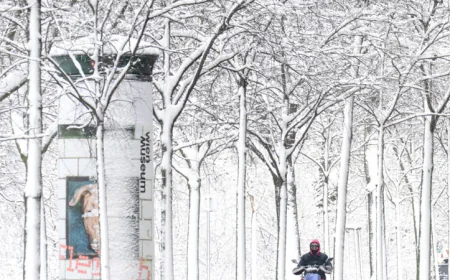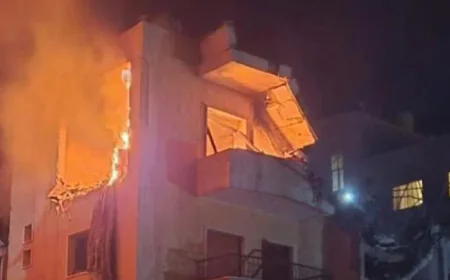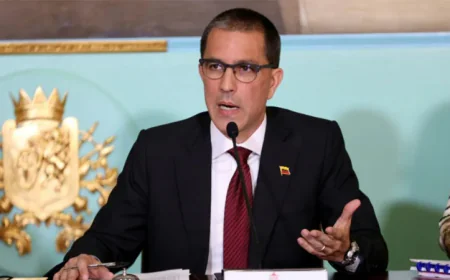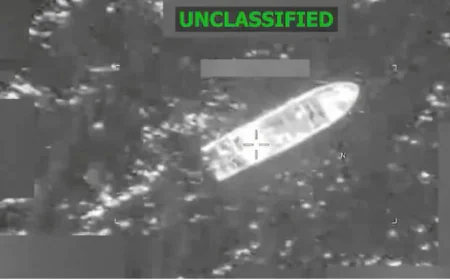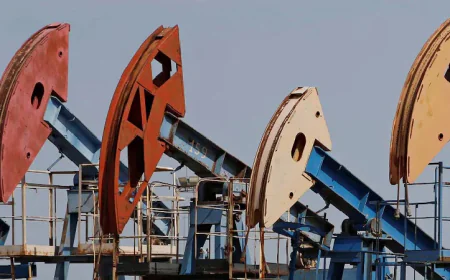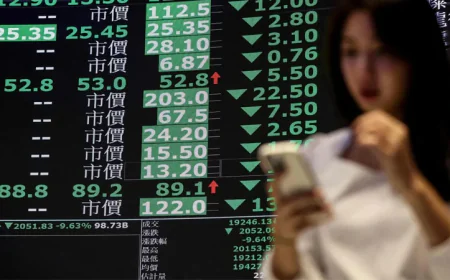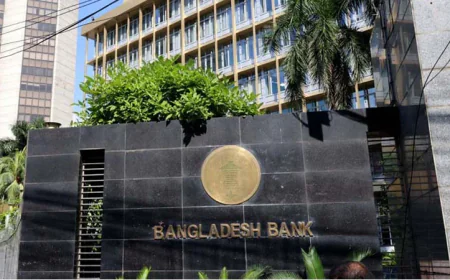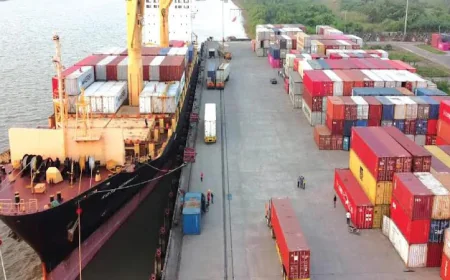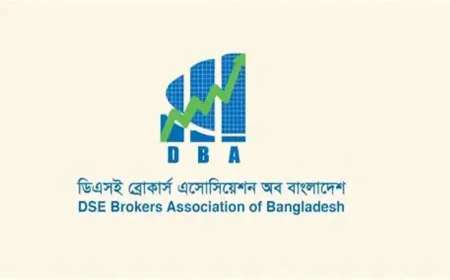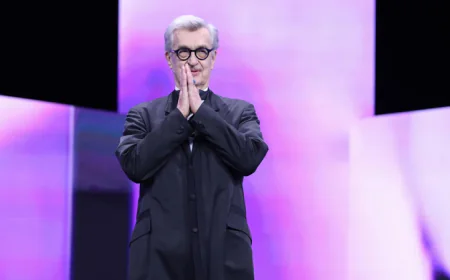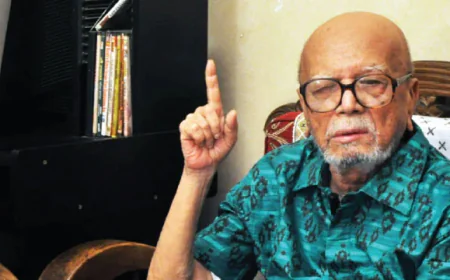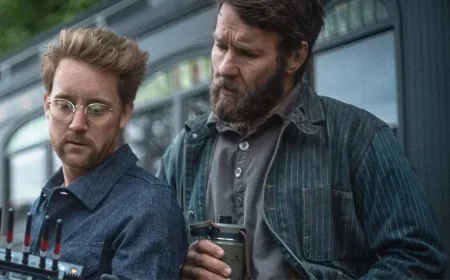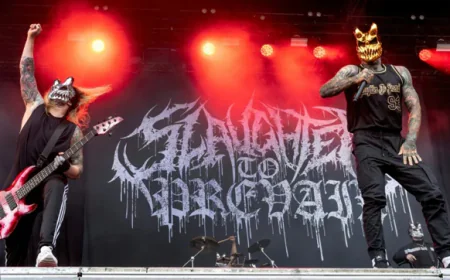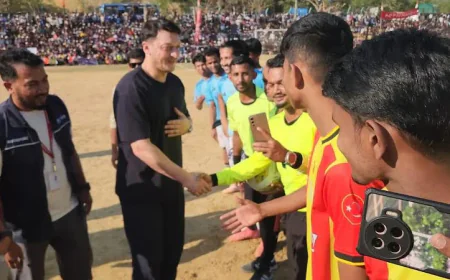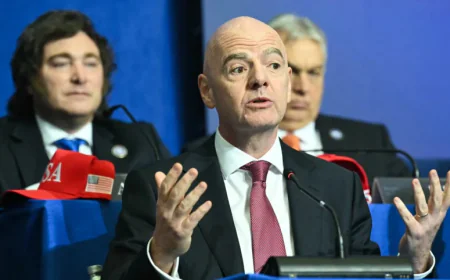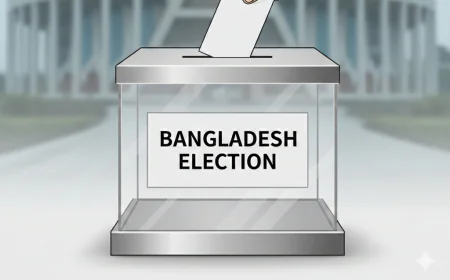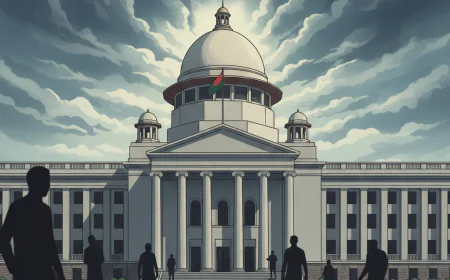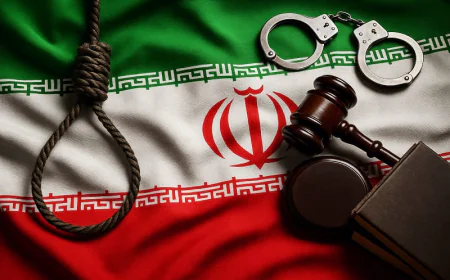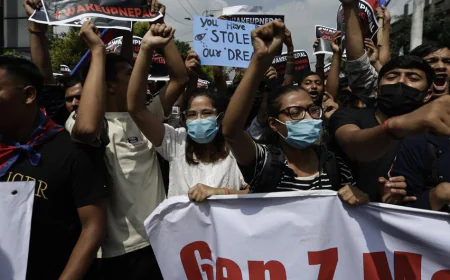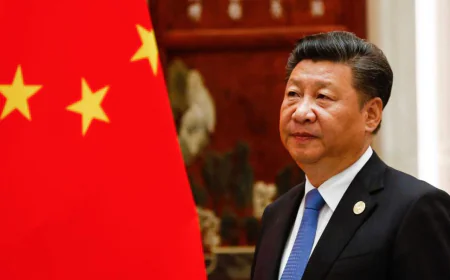Uttara Tragedy: A Reflection of Systemic Failure Beyond the Crash
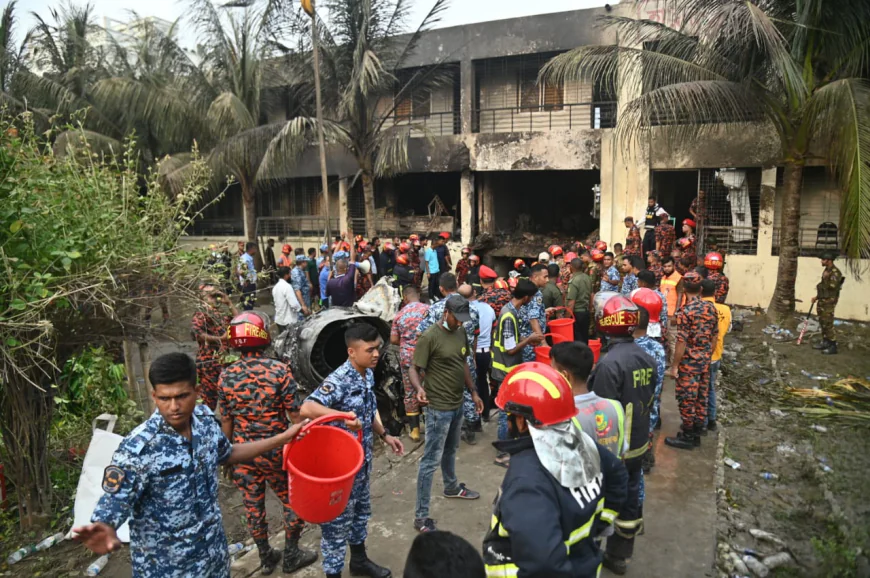
The tragic incident in Dhaka’s Uttara on July 21, where a BRT (Bus Rapid Transit) project girder fell from a crane onto a moving private car—instantly killing five members of a family—once again exposed the deep cracks in our urban infrastructure management, public safety protocols, and systemic governance. While the event triggered immediate media outrage and official responses, it is crucial to analyze this tragedy not as an isolated accident but as a painful manifestation of layered negligence.
The BRT project, delayed for years, has already caused extreme suffering to city dwellers through traffic congestion, dust pollution, and road hazards. The fact that such a massive girder could be lifted and transported over a busy road without properly securing the area or stopping traffic indicates sheer recklessness. A proper risk assessment was clearly absent, and safety protocols appear to have been ignored altogether. Who approved such a critical operation without adequate security measures in place?
Initial footage and witness accounts confirm that there were no traffic barricades, no traffic police or marshals present, and no warnings to approaching vehicles. Construction on such a scale in a densely populated city demands meticulous coordination between the contractor, project authority, local administration, and law enforcement. Yet, the complete absence of this coordination cost innocent lives. This is not a "mishap"—it’s a management failure. The authorities' attempts to shift blame to subcontractors or site-level workers only further expose the systemic flaw of non-transparent chains of responsibility. The public demands clear answers: Who is accountable? Will it end with a few arrests, or will this lead to structural reform?
To make matters worse, in the hours following the accident, public transport fares in and around the area surged three to four times the normal rate. With the metro line disrupted and roads blocked, thousands were stranded. Many were forced to walk miles, some fainted in the scorching heat, while rickshaw pullers and ride share drivers took unethical advantage of the crisis. This unregulated exploitation of people's suffering reflects another layer of systemic failure—no authority was seen on the ground to regulate fare hikes or manage the crowd.
Five lives, including children, were crushed beneath a girder. Their dreams, their future, extinguished in seconds. What justice can compensate for such loss? Government officials promised compensation and ordered investigations—but public trust in these "investigations" is nearly nonexistent. Without transparent reporting, independent audits, and real consequences for the guilty—these will remain hollow rituals.
This tragedy must become a turning point. We demand:
- Immediate restructuring of the BRT and similar mega projects, with safety as a non-negotiable standard.
- Independent probe committees with no political influence.
- Real-time monitoring of construction zones through CCTV and AI-based traffic alerts.
- Strict regulation against fare hikes during emergencies with on-ground crisis response units.
- Compulsory public disclosures of project progress, safety audits, and contractor qualifications.
Let us remember that development means more than concrete pillars—it means building systems that value human life above all. Without that, every such project becomes a ticking time bomb.
